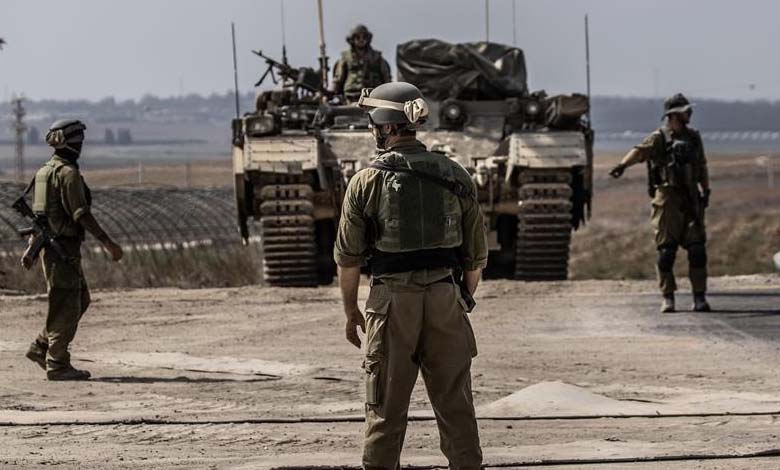Washington warns of potential Israeli unilateral action if Hezbollah is not disarmed

U.S. envoy Thomas Barrack stated that Hezbollah’s dominance undermines Lebanon’s sovereignty, deters investment, weakens public confidence, and represents a constant red flag for Israel.
-
A warning to Hezbollah: Israel’s largest drill on the Lebanese border since October 7
-
After the Gaza Agreement… Receding Justifications and Rising Pressure to Disarm Hezbollah
On Monday, Barrack warned that “Israel may act unilaterally” if Lebanon continues what he described as hesitation to disarm Hezbollah. This strong U.S. warning signals the possibility of renewed Israeli attacks as the Iran-backed Shiite group continues to cling to its weapons.
In a post on the social media platform X, Barrack said, “With Damascus stabilizing, Hezbollah’s isolation is deepening,” referring to the situation in Syria, where the American envoy has expressed strong support for President Ahmed Al-Sharaa’s government, despite Israel’s continued violations of Syrian territory.
He was referring to Syria’s new leadership following the ousting of former president Bashar Al-Assad in late 2024. Assad, a long-time ally of Iran, had allowed Tehran to use Syrian territory to arm Hezbollah.
-
Disputes shake Hezbollah’s media apparatus and turn into a power struggle
-
Israeli army announces elimination of two Hezbollah commanders
Barrack added, “The militia’s control undermines Lebanon’s sovereignty, prevents investment, weakens public trust, and remains a constant red flag for Israel. But today, the incentives for action outweigh the costs of inaction. Regional partners are ready to invest, provided that Lebanon reclaims its monopoly on legitimate force under the exclusive authority of its armed forces.”
The U.S. envoy, whose country maintains a close alliance with Israel, further warned, “If Beirut continues to hesitate on disarming Hezbollah, Israel may act unilaterally, and the consequences will be severe.” He emphasized that “disarming the group is not only a security necessity for Israel but also Lebanon’s opportunity for renewal.”
According to Barrack, for Israel, Hezbollah’s disarmament “means a secure northern border, while for Lebanon, it represents the restoration of sovereignty and a chance for economic recovery.”
-
Millions for Information on a Hezbollah Financier: Who is Ali Qasir, Wanted by Washington?
-
Hezbollah Cell in Syria: Details of the Terrorist Plot and Heavy Weapons Seizure
On August 5, the Lebanese government approved a decision restricting the possession of weapons, including Hezbollah’s arsenal, to the state alone. Lebanese President Joseph Aoun stated that this move was intended to ensure stability and improve the economic situation.
A month later, the government endorsed a plan drafted by the army to implement the decision but failed to set a clear timetable, a move observers saw as an attempt to appease Hezbollah and its base. Aoun explained that authorities sought to avoid any “political or security upheaval.”
Hezbollah’s Deputy Secretary-General, Naim Qassem, has repeatedly linked the group’s disarmament to Israel’s withdrawal from Lebanese territory, an end to its aggression, the release of prisoners, and the start of reconstruction efforts.
-
Hezbollah member injured in Israeli strike on Lebanon
-
Hezbollah and disarmament: cautious approval or a tactic to buy time?
Israel launched an offensive against Lebanon in October 2023, escalating it into a full-scale war in September 2024. A ceasefire agreement was reached in November of that year, but Israel continues to violate it, maintaining control over five Lebanese hills seized during the conflict.
For decades, Israel has occupied Palestinian territories as well as land in Lebanon and Syria, refusing to withdraw or recognize an independent Palestinian state with East Jerusalem as its capital, within the pre-1967 borders.
-
Lawsuit Filed Against Hezbollah’s Deputy Secretary-General for Threatening Lebanon with Civil War
-
Hezbollah threatens civil war in Lebanon and warns of a Karbala-style battle












